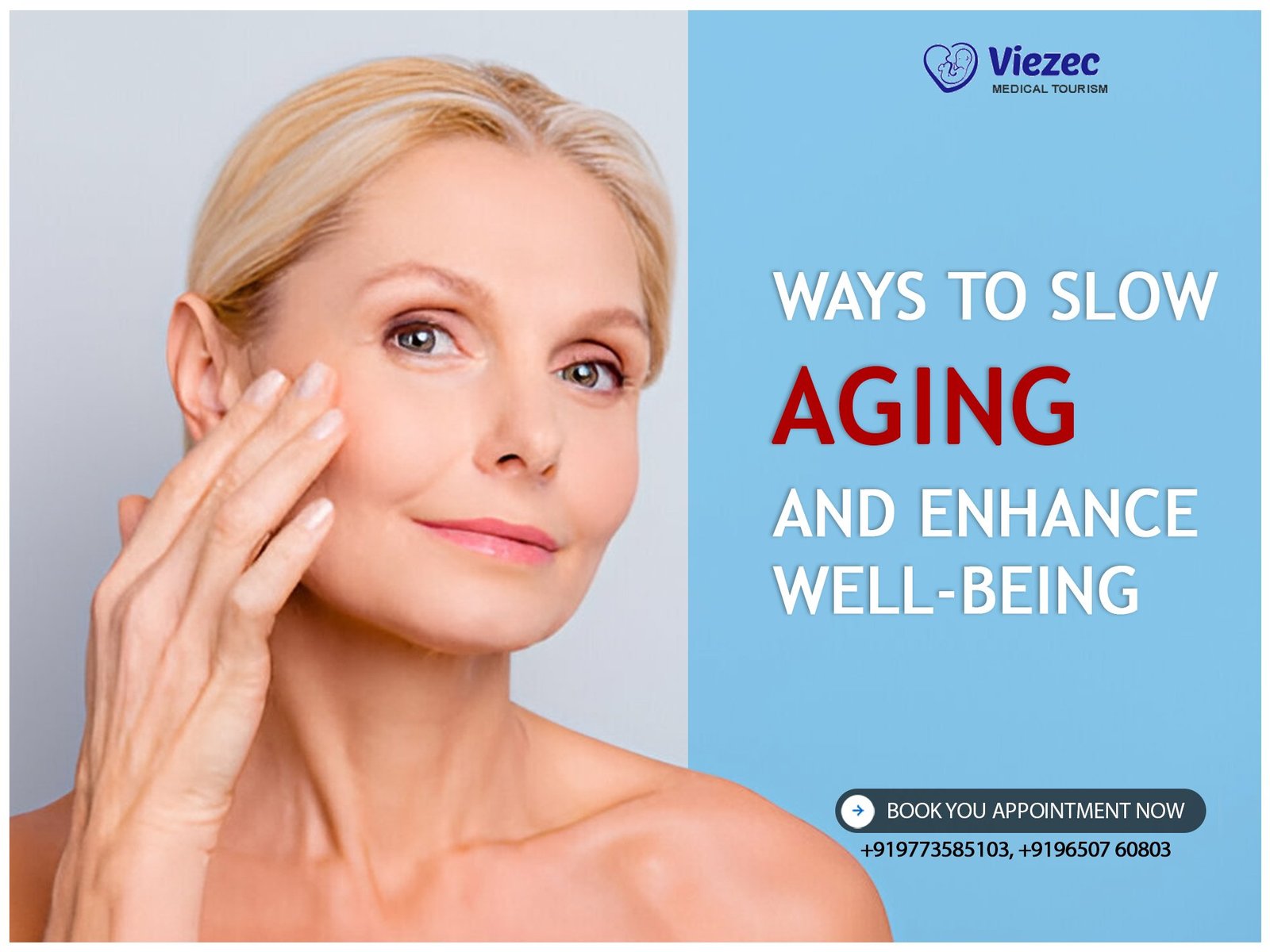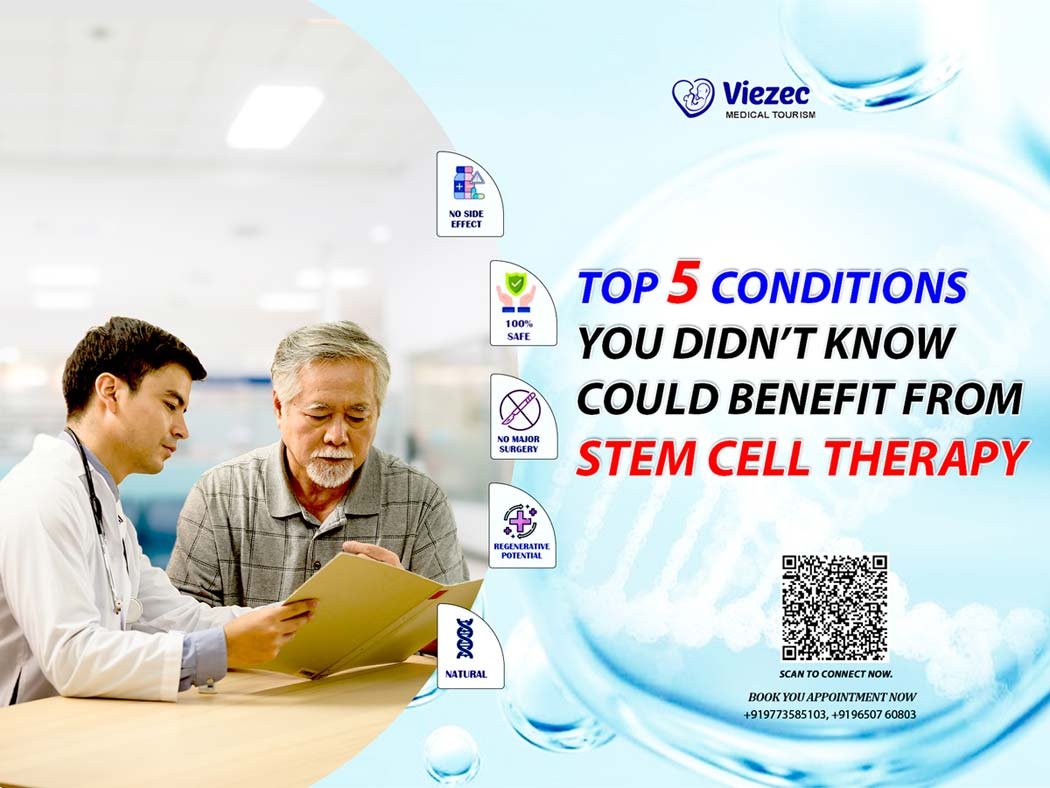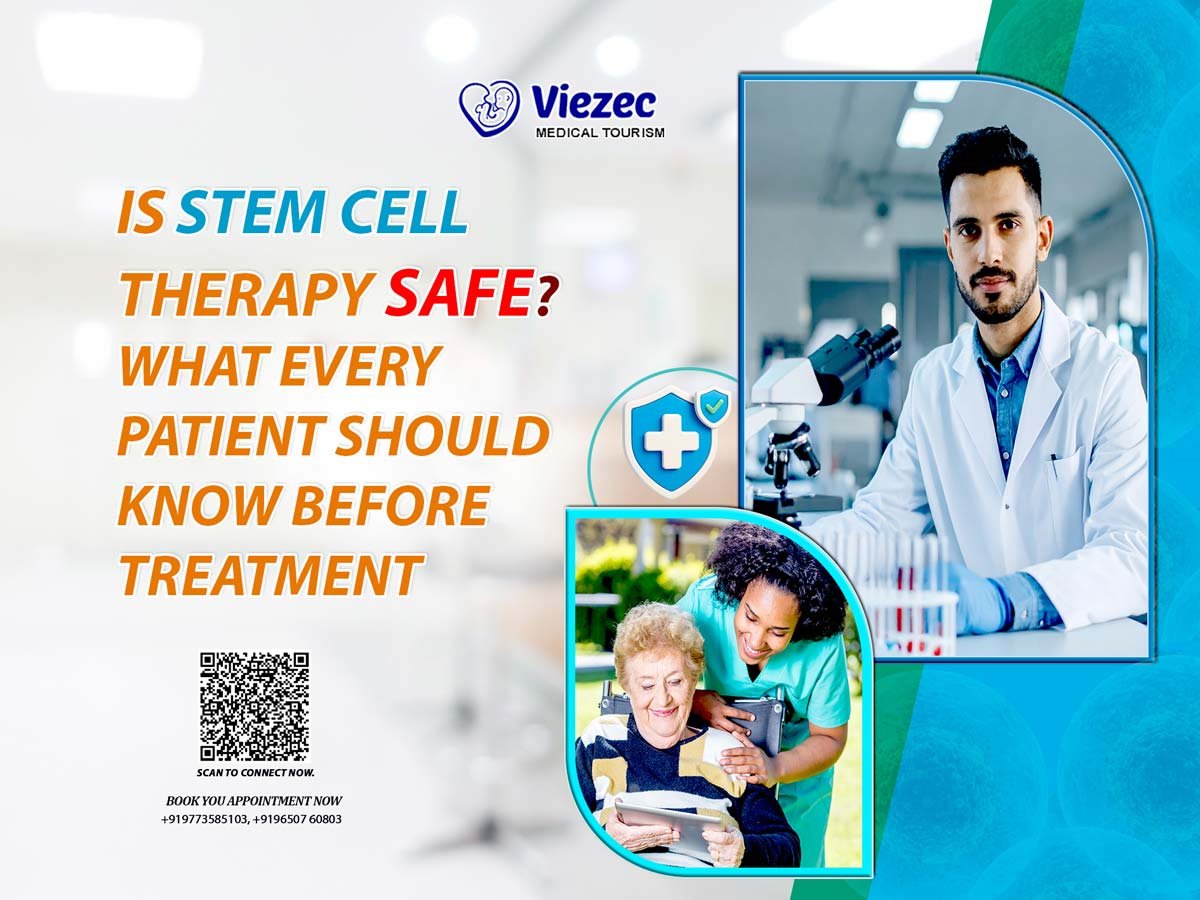As we journey through life, aging is an inevitable process that we all face. However, the way we age and our overall well-being are not solely determined by genetics; they are profoundly influenced by our lifestyle choices and environmental factors. Understanding how to slow down the aging process and enhance well-being can empower individuals to lead fulfilling and vibrant lives regardless of age. In this comprehensive guide, we will explore various strategies and practices that promote longevity, vitality, and overall wellness.
Understanding Aging and Well-Being
Defining Aging and its Implications
Aging is a complex biological process characterized by the gradual deterioration of physiological functions and increased vulnerability to disease and disability. While chronological age is inevitable, biological age—the rate at which our bodies age—can be influenced by various factors such as genetics, lifestyle, and environmental exposures. Aging is not solely determined by the passage of time but also by the cumulative effects of cellular damage, inflammation, and oxidative stress.
The Interconnection between Aging and Well-Being
Well-being encompasses physical, mental, and emotional health, as well as a sense of purpose, connection, and fulfillment in life. Interestingly, research suggests that well-being and aging are intricately intertwined; individuals who experience higher levels of well-being tend to age more gracefully and enjoy better overall health outcomes. Conversely, factors such as chronic stress, poor nutrition, sedentary lifestyle, and social isolation can accelerate the aging process and compromise well-being.
Factors Influencing the Aging Process
Several factors influence the aging process, including genetics, lifestyle choices, environmental factors, and socioeconomic determinants. While genetics play a role in determining longevity and susceptibility to age-related diseases, lifestyle factors such as diet, exercise, stress management, and social engagement exert significant influence on how we age. Environmental factors such as pollution, exposure to toxins, and socioeconomic status can also impact aging trajectories.
Healthy Nutrition for Longevity
Importance of a Balanced Diet in Aging
A balanced diet rich in nutrients is essential for promoting longevity and optimal health throughout the aging process. A diet comprising whole foods such as fruits, vegetables, whole grains, lean proteins, and healthy fats provides essential vitamins, minerals, antioxidants, and phytonutrients that support cellular function, immune health, and tissue repair. Consuming a variety of nutrient-dense foods ensures adequate intake of key nutrients necessary for healthy aging.
Key Nutrients for Slowing Aging Process
Certain nutrients play a crucial role in slowing down the aging process and reducing the risk of age-related diseases. These include antioxidants such as vitamins C and E, beta-carotene, and selenium, which neutralize free radicals and reduce oxidative stress. Omega-3 fatty acids found in fatty fish, flaxseeds, and walnuts have anti-inflammatory properties that support heart health and cognitive function. Additionally, adequate intake of vitamins D and K, calcium, magnesium, and zinc is essential for bone health and immune function.
Incorporating Antioxidants and Phytonutrients
Antioxidants and phytonutrients found in plant-based foods help protect against cellular damage and inflammation, two key drivers of the aging process. Colorful fruits and vegetables such as berries, leafy greens, tomatoes, and bell peppers are rich sources of antioxidants such as flavonoids, polyphenols, and carotenoids. Including a variety of these foods in your diet can help combat oxidative stress and promote longevity.
Role of Probiotics in Gut Health and Longevity
The gut microbiota plays a crucial role in maintaining digestive health, immune function, and overall well-being. Probiotics, beneficial bacteria found in fermented foods such as yogurt, kefir, sauerkraut, and kimchi, help maintain a healthy balance of gut flora and support optimal digestion and nutrient absorption. Consuming probiotic-rich foods regularly can improve gut health, reduce inflammation, and enhance longevity.
Physical Exercise and Its Anti-Aging Benefits
Types of Exercises for Longevity
Regular physical activity is one of the most potent anti-aging interventions, offering numerous benefits for both body and mind. Incorporating a combination of aerobic exercise, strength training, flexibility, and balance exercises into your routine can help maintain muscle mass, improve cardiovascular health, enhance flexibility, and reduce the risk of falls and injuries.
Strength Training for Maintaining Muscle Mass
As we age, there is a natural decline in muscle mass and strength, known as sarcopenia. Strength training exercises such as weightlifting, resistance band exercises, and bodyweight exercises help preserve muscle mass, increase bone density, and improve functional capacity. Aim to include strength training exercises at least two to three times per week to maintain muscle mass and strength.
Cardiovascular Exercises for Heart Health
Cardiovascular exercises such as walking, jogging, cycling, swimming, and dancing are beneficial for heart health, weight management, and overall fitness. Engaging in regular aerobic exercise helps improve cardiovascular function, lower blood pressure, reduce cholesterol levels, and enhance circulation. Aim for at least 150 minutes of moderate-intensity aerobic exercise or 75 minutes of vigorous-intensity exercise per week for optimal health benefits.
Flexibility and Balance Training for Mobility
Maintaining flexibility and balance is essential for mobility, independence, and fall prevention, especially as we age. Activities such as yoga, Pilates, tai chi, and stretching exercises can improve flexibility, balance, and coordination, reducing the risk of falls and injuries. Incorporate flexibility and balance exercises into your routine to enhance mobility and overall quality of life.
Managing Stress for Longevity
Understanding the Impact of Stress on Aging
Chronic stress accelerates the aging process by triggering inflammation, oxidative stress, and hormonal imbalances that contribute to various age-related diseases such as cardiovascular disease, diabetes, and neurodegenerative disorders. Prolonged stress also impairs immune function, disrupts sleep patterns, and negatively impacts mental health and well-being. Recognizing the detrimental effects of stress on aging is the first step toward implementing effective stress-management strategies.
Stress-Reduction Techniques and Practices
There are numerous techniques and practices that can help reduce stress and promote relaxation, including deep breathing exercises, progressive muscle relaxation, guided imagery, and biofeedback. These techniques activate the body’s natural relaxation response, counteracting the physiological effects of stress and promoting a sense of calm and well-being. Experiment with different stress-reduction techniques to find what works best for you.
Mindfulness and Meditation for Stress Relief
Mindfulness meditation involves cultivating present-moment awareness and nonjudgmental acceptance of thoughts, emotions, and sensations. Regular mindfulness practice has been shown to reduce stress, anxiety, and depression, enhance emotional resilience, and improve overall well-being. Incorporating mindfulness meditation into your daily routine can help foster a greater sense of inner peace, clarity, and equanimity amidst life’s challenges.
Importance of Adequate Sleep in Stress Management
Quality sleep is essential for physical and mental health, as well as overall longevity and well-being. Chronic sleep deprivation disrupts hormonal balance, impairs cognitive function, weakens immune function, and increases the risk of chronic diseases. Prioritize sleep hygiene practices such as maintaining a consistent sleep schedule, creating a relaxing bedtime routine, optimizing sleep environment, and avoiding stimulants such as caffeine and electronic devices before bedtime.
The Power of Positive Relationships
Social Connections and Longevity
Maintaining positive social connections and nurturing meaningful relationships is essential for emotional well-being, cognitive function, and overall longevity. Strong social support networks provide a sense of belonging, acceptance, and security, buffering against the negative effects of stress and adversity. Engage in regular social activities, spend time with loved ones, and cultivate new friendships to enrich your social connections and enhance your well-being.
Nurturing Friendships and Family Bonds
Friendships and family relationships offer a source of emotional support, companionship, and joy throughout life’s ups and downs. Invest time and effort into nurturing meaningful connections with friends and family members, prioritizing quality time spent together, open communication, and mutual respect. Building strong bonds with loved ones strengthens resilience, fosters a sense of belonging, and enhances overall life satisfaction.
Community Engagement for Well-Being
Participating in community activities, volunteering, and giving back to others can enrich your life and contribute to a sense of purpose and fulfillment. Engage in community service projects, join local clubs or organizations, or participate in group activities that align with your interests and values. Connecting with like-minded individuals and contributing to the well-being of others fosters a sense of connectedness, meaning, and belonging in your community.
Love and Intimacy in Aging Gracefully
Love and intimacy are fundamental human needs that enrich our lives and contribute to our overall well-being, regardless of age. Cultivating loving relationships, whether romantic, platonic, or familial, nurtures emotional connection, intimacy, and fulfillment. Expressing love, affection, and gratitude toward others strengthens interpersonal bonds, fosters emotional resilience, and enhances overall quality of life as we age gracefully.
Mind-Body Practices for Longevity
Integrative Medicine Approaches to Aging
Integrative medicine emphasizes the integration of conventional medical treatments with evidence-based complementary therapies to promote holistic health and well-being. Practices such as acupuncture, massage therapy, chiropractic care, and mind-body techniques such as meditation, yoga, and tai chi are commonly used to manage pain, reduce stress, and enhance overall vitality in aging populations.
Yoga and Tai Chi for Physical and Mental Health
Yoga and tai chi are ancient mind-body practices that incorporate gentle movements, breathwork, and meditation to promote physical, mental, and emotional well-being. Both practices have been shown to improve flexibility, balance, strength, and mental clarity, reduce stress, anxiety, and depression, and enhance overall quality of life in older adults. Regular practice of yoga and tai chi can help alleviate age-related stiffness, improve mobility, and promote a sense of inner peace and harmony.
Acupuncture and Traditional Healing Practices
Acupuncture, an integral component of traditional Chinese medicine, involves the insertion of thin needles into specific points on the body to restore balance and promote healing. This ancient healing modality has been used for centuries to alleviate pain, reduce inflammation, and enhance overall well-being. Acupuncture is increasingly recognized as a safe and effective treatment for various age-related conditions such as chronic pain, arthritis, insomnia, and anxiety.
Cognitive Behavioral Therapy for Aging Well
Cognitive behavioral therapy (CBT) is a psychotherapeutic approach that focuses on identifying and changing negative thought patterns and behaviors to improve mental health and well-being. CBT techniques such as cognitive restructuring, behavioral activation, and relaxation training are effective in managing symptoms of depression, anxiety, and stress in older adults. By challenging unhelpful beliefs and adopting healthier coping strategies, individuals can enhance resilience, emotional well-being, and overall quality of life as they age.
Harnessing the Potential of Stem Cells
Understanding Stem Cells and Regenerative Medicine
Stem cells are undifferentiated cells with the unique ability to differentiate into specialized cell types and self-renew indefinitely. These remarkable properties make stem cells valuable tools for regenerative medicine, tissue engineering, and disease modeling. Stem cell research holds great promise for developing innovative therapies to treat a wide range of age-related diseases and injuries, including neurodegenerative disorders, cardiovascular disease, and musculoskeletal conditions.
Stem Cell Therapy in Aging and Wellness
Stem cell therapy involves the transplantation or activation of stem cells to repair damaged tissues, regenerate organs, and restore function in diseased or injured individuals. In the context of aging and wellness, stem cell therapy holds potential for rejuvenating aging tissues, enhancing immune function, and promoting overall health and vitality. Clinical trials and research studies are underway to explore the safety and efficacy of stem cell-based interventions for age-related conditions.
Ethical Considerations and Future Directions
While stem cell therapy offers exciting possibilities for regenerative medicine and aging research, ethical considerations regarding the sourcing, use, and regulation of stem cells must be carefully addressed. Ethical concerns such as informed consent, patient safety, and equitable access to emerging therapies are paramount in ensuring the responsible development and implementation of stem cell-based interventions. Continued research, dialogue, and ethical oversight are essential to navigate the ethical complexities and maximize the potential benefits of stem cell technology in aging and wellness.
Research Advances in Stem Cell Technology
Advances in stem cell technology, including induced pluripotent stem cells (iPSCs), CRISPR gene editing, and tissue engineering techniques, are revolutionizing the field of regenerative medicine and aging research. iPSCs hold promise for personalized medicine and disease modeling, allowing researchers to study age-related diseases in patient-specific cell models and develop targeted therapies. CRISPR gene editing offers precise tools for modifying stem cells and correcting genetic mutations associated with aging and age-related diseases. Tissue engineering approaches aim to create functional tissues and organs for transplantation, repair, and regeneration, potentially extending lifespan and improving quality of life in aging populations.
Cognitive Engagement and Brain Health
Importance of Mental Stimulation in Aging
Cognitive engagement and mental stimulation are essential for maintaining brain health, preserving cognitive function, and reducing the risk of age-related cognitive decline and dementia. Activities such as reading, puzzles, games, learning new skills, and engaging in intellectually stimulating conversations challenge the brain, promote neuroplasticity, and enhance cognitive reserve. Lifelong cognitive engagement is associated with better memory, attention, and executive function in older adults.
Brain-Boosting Activities and Exercises
Engaging in brain-boosting activities and exercises can help preserve cognitive function and promote brain health as we age. Activities such as crossword puzzles, Sudoku, chess, and memory games challenge different cognitive skills such as problem-solving, memory, attention, and language. Additionally, learning new skills or hobbies, taking up musical instruments, and participating in lifelong learning programs stimulate neurogenesis, strengthen neural connections, and enhance cognitive flexibility.
Lifelong Learning for Cognitive Vitality
Lifelong learning is a valuable tool for promoting cognitive vitality and enriching personal growth and development throughout life. Whether through formal education, online courses, workshops, or self-directed learning, acquiring new knowledge and skills fosters cognitive engagement, creativity, and adaptability. Continuously challenging yourself to learn and explore new subjects not only enhances cognitive function but also promotes a sense of purpose, curiosity, and fulfillment in later life.
Strategies for Preventing Age-Related Cognitive Decline
Several lifestyle factors and habits can help prevent or delay age-related cognitive decline and dementia. These include maintaining a healthy diet rich in brain-boosting nutrients, engaging in regular physical exercise to improve blood flow to the brain, managing chronic conditions such as hypertension and diabetes, staying socially and mentally active, getting adequate sleep, and managing stress effectively. Adopting a brain-healthy lifestyle that prioritizes cognitive engagement, social connections, and overall well-being can support brain health and resilience as we age.
Holistic Wellness Approaches
Integrating Body, Mind, and Spirit
Holistic wellness approaches recognize the interconnectedness of body, mind, and spirit and emphasize the importance of addressing the whole person in promoting health and well-being. Practices such as meditation, yoga, mindfulness, acupuncture, and energy healing modalities aim to restore balance, harmony, and vitality to the body-mind-spirit complex. By integrating physical, emotional, and spiritual dimensions of health, holistic wellness approaches support holistic healing and promote overall well-being.
Ayurveda and Traditional Healing Systems
Ayurveda, an ancient healing system originating from India, offers a holistic approach to health and wellness based on the principles of balance and harmony. Ayurvedic practices such as personalized dietary recommendations, herbal remedies, massage therapy, yoga, and meditation aim to restore equilibrium to the body’s doshas (bioenergetic forces) and promote optimal health and longevity. Ayurveda emphasizes the importance of individualized care, lifestyle modifications, and self-awareness in promoting holistic well-being.
Herbal Remedies for Longevity and Vitality
Herbal remedies have been used for centuries in traditional medicine systems worldwide to promote health, prevent disease, and enhance vitality. Adaptogenic herbs such as ashwagandha, rhodiola, ginseng, and holy basil help the body adapt to stress, support immune function, and promote overall resilience. Other herbs such as turmeric, ginger, garlic, and green tea possess anti-inflammatory, antioxidant, and anti-aging properties that support longevity and vitality. Incorporating herbal remedies into your wellness routine can complement other lifestyle interventions and promote holistic well-being.
Holistic Health Practices for Aging Well
Holistic health practices such as acupuncture, chiropractic care, massage therapy, naturopathy, and energy healing modalities offer non-invasive, drug-free approaches to promote health, vitality, and well-being in aging populations. These holistic modalities aim to address underlying imbalances, restore flow and harmony to the body’s energy systems, and support the body’s innate healing capacity. By treating the whole person rather than isolated symptoms, holistic health practices promote holistic wellness and empower individuals to age well with grace and vitality.
Embracing Aging with Purpose and Meaning
Redefining Aging and Embracing Life Transitions
Aging is a natural and inevitable part of the human experience, marked by physical, psychological, and social changes over time. Embracing aging with purpose and meaning involves reframing our perceptions of aging as a process of growth, wisdom, and self-discovery rather than decline and loss. Embracing life transitions such as retirement, empty nest, and health challenges with resilience, optimism, and adaptability fosters a sense of continuity, fulfillment, and empowerment in later life.
Finding Meaning and Purpose in Later Life
Finding meaning and purpose in later life is essential for maintaining a sense of vitality, fulfillment, and well-being. Engaging in activities that align with your values, interests, and passions, whether through work, volunteering, creative pursuits, or community involvement, fosters a sense of purpose and contribution. Cultivating meaningful relationships, pursuing lifelong learning, and leaving a positive legacy for future generations are also meaningful ways to find purpose and fulfillment in later life.
Legacy Building and Generativity in Aging
Legacy building involves reflecting on your life’s journey, values, and accomplishments and identifying ways to leave a lasting impact on future generations. Whether through sharing wisdom, preserving family traditions, contributing to charitable causes, or mentoring others, legacy building allows you to impart your values, beliefs, and life lessons to future generations. Generativity, a concept proposed by psychologist Erik Erikson, refers to the desire to nurture and guide the next generation, contributing to the greater good and leaving a positive legacy for posterity.
Embracing Mortality as a Part of Life’s Journey
Embracing mortality involves accepting the finite nature of life and acknowledging death as a natural part of the human experience. Cultivating a healthy relationship with mortality can help us live more fully, authentically, and meaningfully in the present moment, cherishing each day as a precious gift. By embracing the reality of our mortality, we can gain a deeper appreciation for life, cultivate gratitude, and prioritize what truly matters most to us. Ultimately, embracing mortality allows us to live with greater purpose, clarity, and peace of mind as we navigate life’s inevitable transitions.








